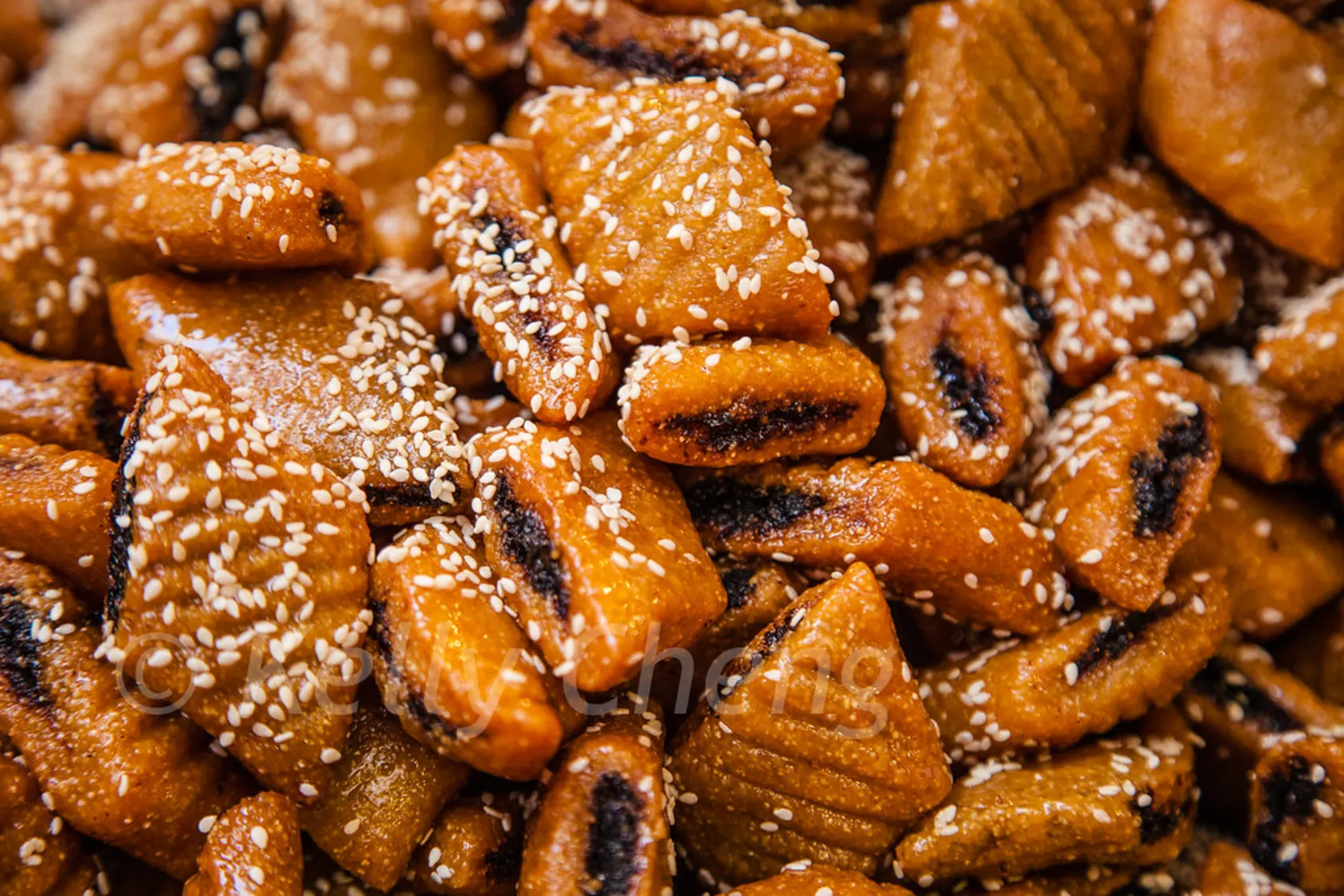
Makroudh
Semolina cookies filled with dates and honey.
Ingredients
- •Semolina
- •Dates
- •Honey
- •Orange blossom water
- •Oil
- •Cinnamon
- •Sesame seeds
Instructions
Make Dough
Prepare semolina dough
Fill
Shape and fill with date paste
Fry & Soak
Deep fry and soak in honey syrup
Makroudh is a beloved traditional Tunisian sweet that perfectly embodies the rich culinary heritage of North Africa. These diamond-shaped semolina cookies are filled with a fragrant date paste, deep-fried until golden, and then generously soaked in honey syrup. The combination of crispy exterior, tender semolina dough, and sweet date filling creates an irresistible treat that's both elegant and satisfying.
This pastry has deep roots in Tunisian culture, traditionally prepared during religious festivals, weddings, and other special occasions. Its origins can be traced back centuries, with variations found across the Maghreb region. The name "makroudh" comes from the Arabic word for "diamond-shaped," referring to its distinctive geometric form.
The preparation of makroudh is considered an art form, requiring patience and skill. The dough is made from semolina flour mixed with orange blossom water, which gives it a subtle floral fragrance. The date filling is enhanced with cinnamon and sometimes sesame seeds, creating a complex flavor profile. The pastries are carefully shaped by hand, often decorated with intricate patterns using special tools or forks, before being fried to perfection and drenched in honey syrup.
While the traditional recipe remains the most popular, modern variations have emerged. Some bakers experiment with different fillings such as almond paste or pistachios, while others opt for baking instead of frying for a healthier version. The amount of honey syrup can be adjusted to taste, and some versions incorporate additional spices like cardamom or nutmeg into the filling.
In Tunisia, makroudh is often served with mint tea or coffee, particularly during afternoon gatherings or after meals. During Ramadan, it's a popular choice for breaking the fast and is often gifted to friends and family. Many families take pride in their unique family recipes, passed down through generations.
While delicious, makroudh is quite rich in calories due to the deep-frying process and honey syrup. Those watching their sugar intake should enjoy it in moderation. The pastry contains gluten from the semolina flour and may contain traces of nuts if prepared in facilities that process nuts. For the best experience, enjoy makroudh fresh or within a few days of preparation, stored in an airtight container to maintain its texture and prevent the honey syrup from crystallizing.
